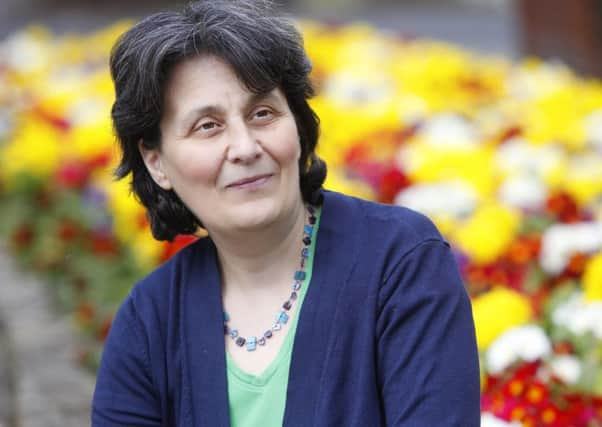Ilkley Literature Festival - literary champion Feldberg stepping down


Rachel Feldberg leaves an impressive legacy. Under her tenure, Ilkley Literature Festival has grown into one of the most prestigious literary festivals, not only in the North but in the whole country.
Since taking up the post of director in 2002, the festival has grown to a 17-day event which attracts A-list authors, poets and writers from around the world to Ilkley every October. Over the past decade and a half the festival has welcomed some of the biggest names in literature – including Maya Angelou, Margaret Atwood and Hilary Mantel to name just a few, and homegrown stars such as Alan Bennett and Ian McMillan. Aside from the crowd-pulling headliners, however, the festival also offers a rich and diverse programme with international authors, and writers from a wide range of communities regularly appearing in the line-up.
Advertisement
Hide AdAdvertisement
Hide AdThis was one of Feldberg’s key aims when she first arrived. “What I had very much in mind was how I could open up this amazing offer to more people and make it more accessible,” she says. “Immediately before I came to the festival I had been involved in a lot of community engagement projects. And I have always thought that creativity comes from diversity. That is what is most artistically exciting and also what engages the widest possible range of people.”
Another priority was to establish a festival strand aimed at children and young people and to initiate a year-round programme of educational and outreach work.
“I was fortunate that the kind of programming I was looking to put into practice, the Festival Board were already thinking about,” she says. “I said that I wanted to have a strong children’s offer and to develop initiatives for young people as I had been involved for many years in working to engage young people in the arts.”
The festival’s important work inspiring children in schools across Bradford and Leeds and with young writers is something Feldberg is, rightly, particularly proud of. “We can really see the positive impact we have had,” she says. “So many young people have told us that the Young Writers Group, for example, has changed their lives and it is so heartening to see their confidence grow.
Advertisement
Hide AdAdvertisement
Hide Ad“If we want youngsters to be excited about writing, we need to nurture them.”
The festival Fringe was another of Felberg’s ideas. Running alongside the main festival, it is a programme of free events ranging from performance, to spoken word, music and cross-artform pieces. “It has been fantastic to give people that platform and opportunity to try something out,” she says. Of the many memorable moments of her time as director, Feldberg says personal highlights include setting up the Words in the City poetry and spoken word weekends in Bradford and working with poet Simon Armitage and stone carver Pip Hall to create the ambitious Stanza Stones trail. A 47-mile walk from Marsden to Ilkley featuring specially commissioned poems by Armitage, carved into rocks at points along the way by Hall. “It was a very special project,” she says. “And that will be there for a long time.” Now Feldberg is ready for new challenges. “It has been a real privilege to work for the festival and there are lots of things I will miss, especially the people, but I am looking forward to taking on some exciting new projects and I will still have the great pleasure of coming to festival events as an audience member.”